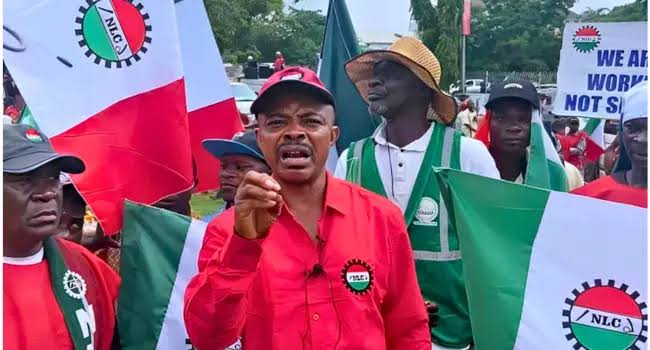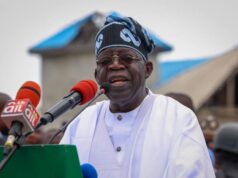Nigeria Labour Congress (NLC) has rejected the federal government’s approval of a 25 to 35 per cent pay rise for civil servants across various salary structures.
The announcement, made by the Head of Press at the National Salaries, Incomes, and Wages Commission (NSIWC), Emmanuel Njoku, was intended to coincide with the annual celebration of Labour Day, a global tribute to the labor movement’s achievements.
 Advertorial
Advertorial
The pay increase, effective from January 1, 2024, was issued ahead of the report submission from the tripartite committee on the national minimum wage, chaired by Bukar Goni Aji, a former Head of Civil Service of the Federation.
However, the NLC dismissed the announcement as “a waste of time,” with Assistant General Secretary Chris Onyeka asserting that the commission lacks the authority to determine the national minimum wage.
 Advertorial
Advertorial
Meanwhile, the NSIWC clarified that the salary augmentation applies to six consolidated salary structures, including those for public service, research institutions, police, paramilitary, intelligence community, and armed forces.
Additionally, pension increases ranging from 20% to 28% were approved for pensioners enrolled in the Defined Benefits Scheme within these salary structures.
Despite the government’s attempt to address worker concerns, tensions remain high as workers and union leaders express dissatisfaction with the current wage structure. In various states across Nigeria, labor leaders have called for the implementation of a living wage, emphasizing the challenges posed by rising living costs, especially following the removal of fuel subsidies.

Former President Muhammadu Buhari’s assent to the N30,000 minimum wage bill in 2019 marked a significant milestone for workers nationwide.
However, its full implementation at the state level remains a challenge, with many states yet to adopt the new wage structure.
As workers await concrete action from the government, labor unions continue to advocate for fair wages and improved living conditions.
Despite the ongoing negotiations, the outcome remains uncertain, raising concerns about the government’s commitment to addressing the plight of the Nigerian worker.
















